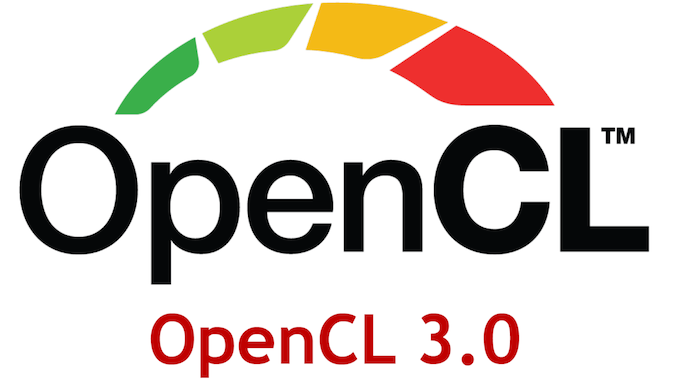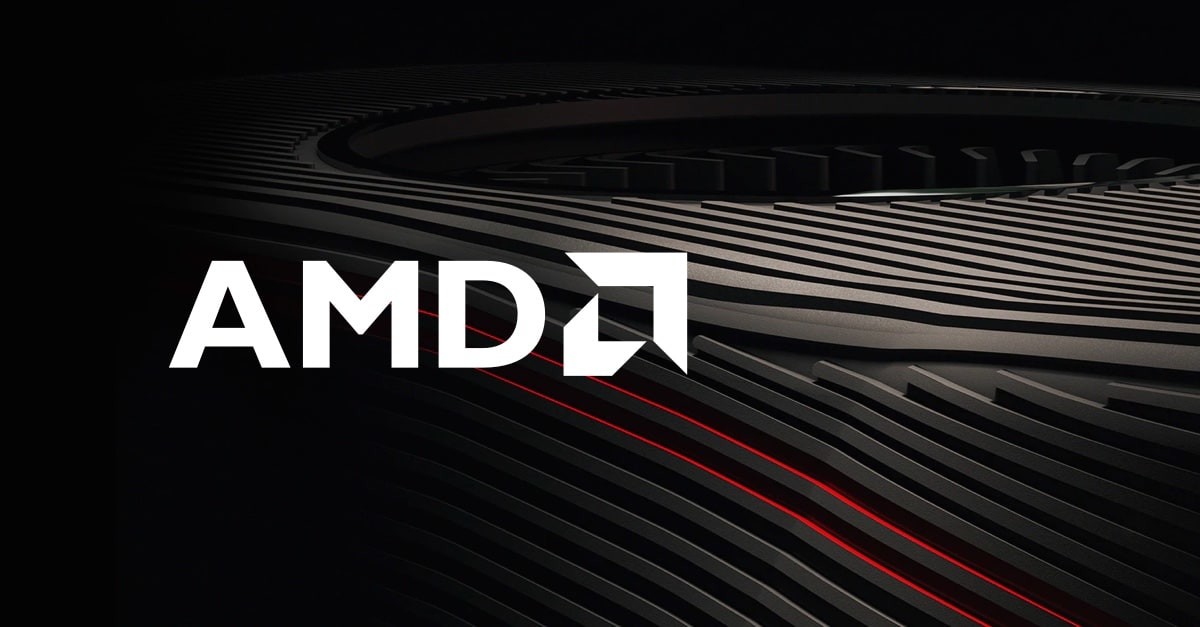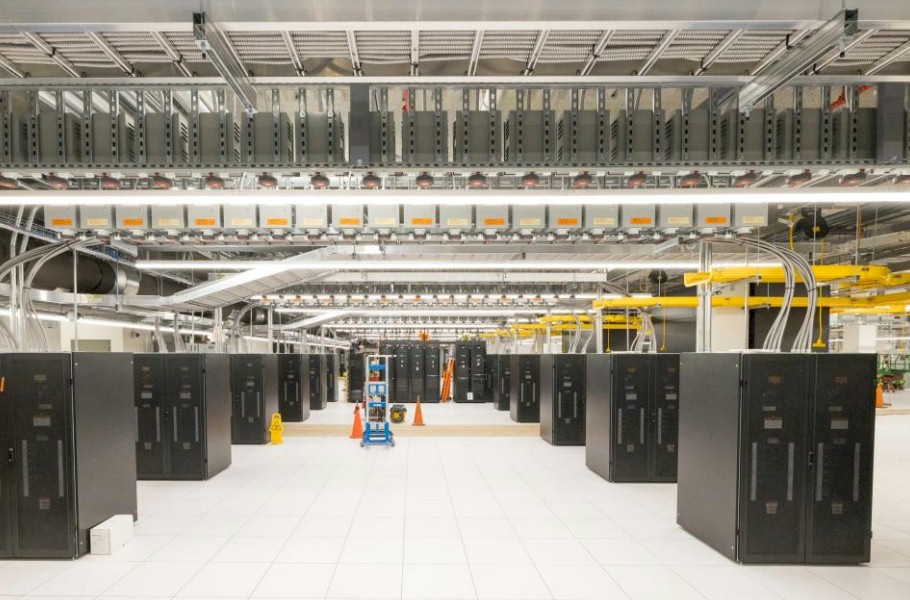- Jun 1, 2017
- 4,944
- 7,656
- 136
With Sapphire Rapids delayed Intel's Aurora exascale supercomputer misses yet another date. This means Frontier is now on route of becoming the first exascale supercomputer.

 www.hpcwire.com
www.hpcwire.com

Aurora's Troubles Move Frontier into Pole Exascale Position
Intel’s 7nm node delay has raised questions about the status of the Aurora supercomputer that was scheduled to be stood up at Argonne National Laboratory next year. Aurora was in the running to be the United States’ first exascale supercomputer although it was on a contemporaneous timeline with...








